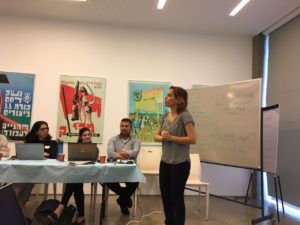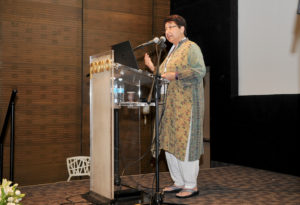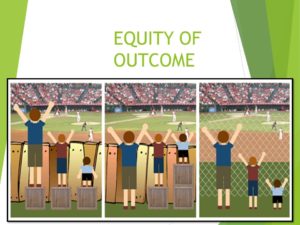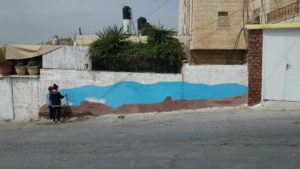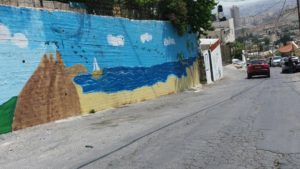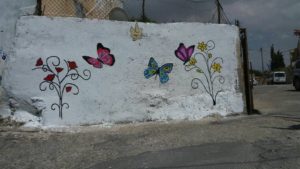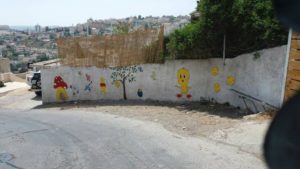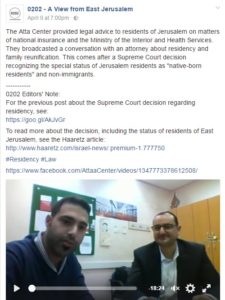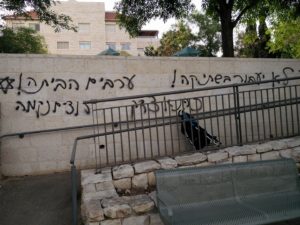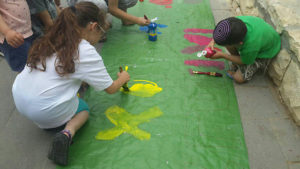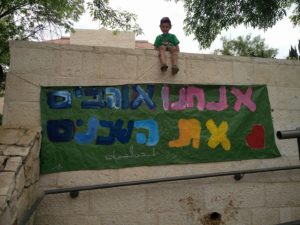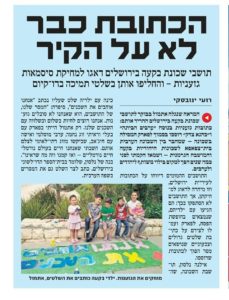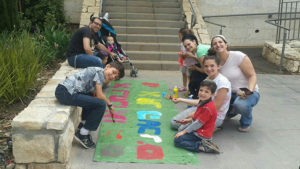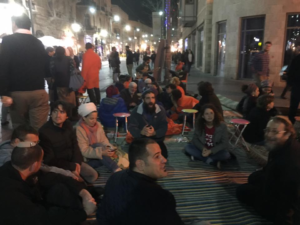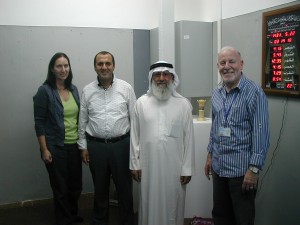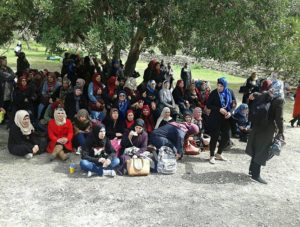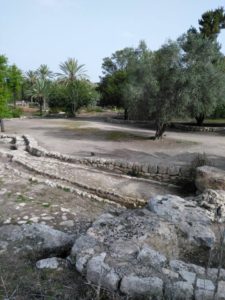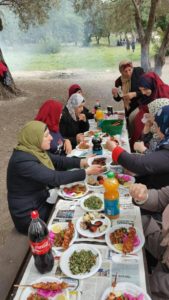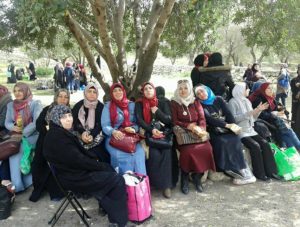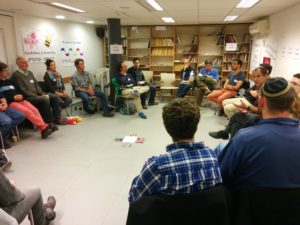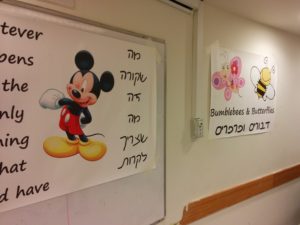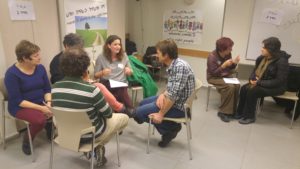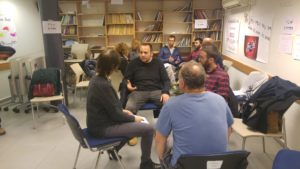Cultural Competency in the Workplace: Health Care
We’ve mentioned here the many ways we develop cultural competency in the health care system – from the perspective of the national and local authorities (Ministry of Health, municipalities) to HMO’s, individual clinics and hospitals, schools of nursing and medicine, and more.
We continue to introduce concepts of cultural competency wherever we can. This includes the Change Agents course of the Israeli Forum for Employment Diversity, which consists of businesses and non-profits that are working to further diversity in the workplace. This includes increasing the integration of populations with disabilities as well as a range of cultures and ethnicities.
We’ve been giving lectures to the Forum for some years now. Cultural Competency Desk Director Orna Shani recently lectured to a course for diversity managers from health care organizations, hospitals and HMO’s, from throughout the country. The main goal of these diversity managers is to integrate populations with special needs into the work force.
Of the 25 participants, only 5 had heard about cultural competency before. Our discussion included language accessibility, on the connection between diversity and employment, the current situation and the desired situation.
Many thanks to the Jerusalem Foundation for their continued support of cultural competency since its beginning.

